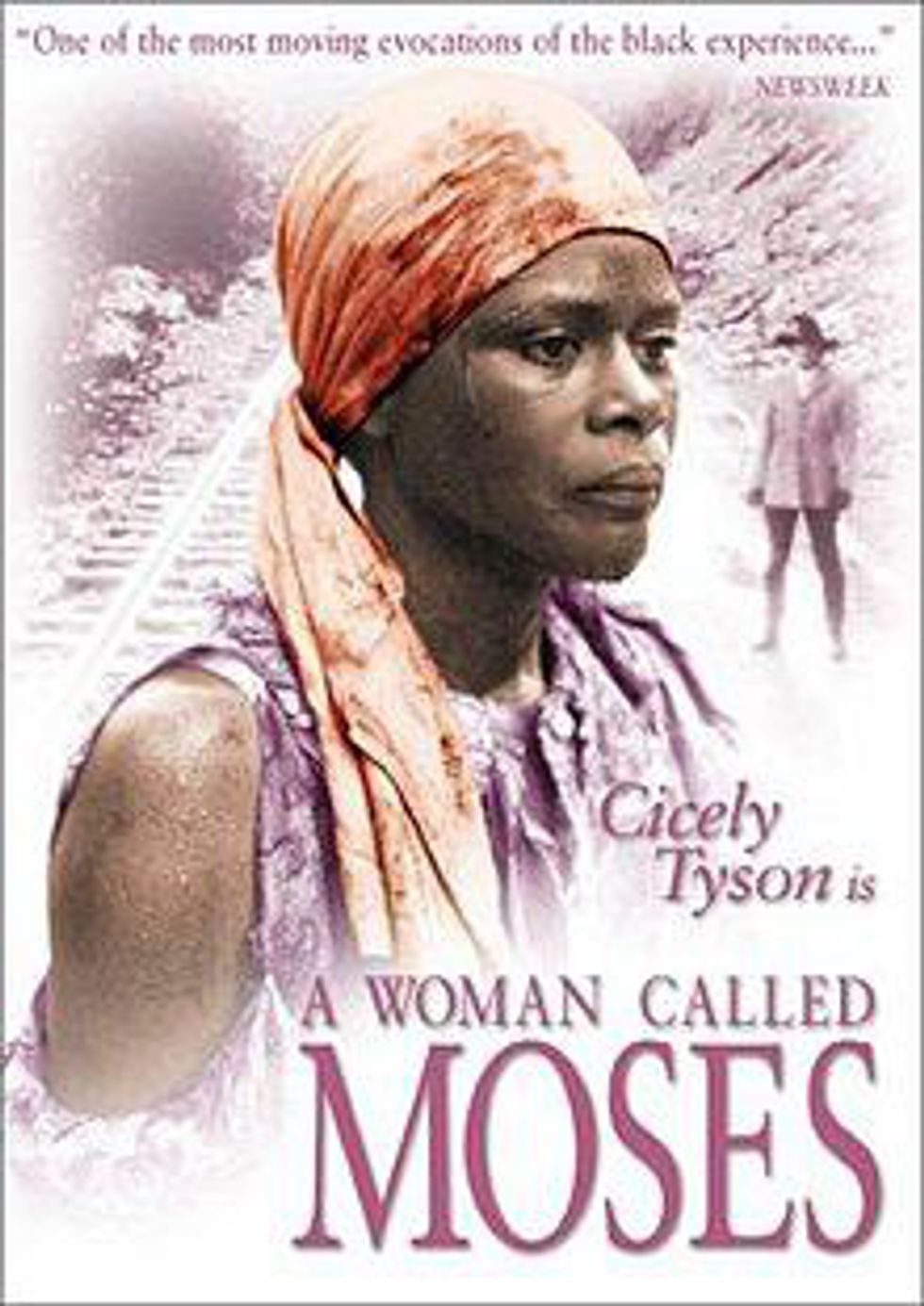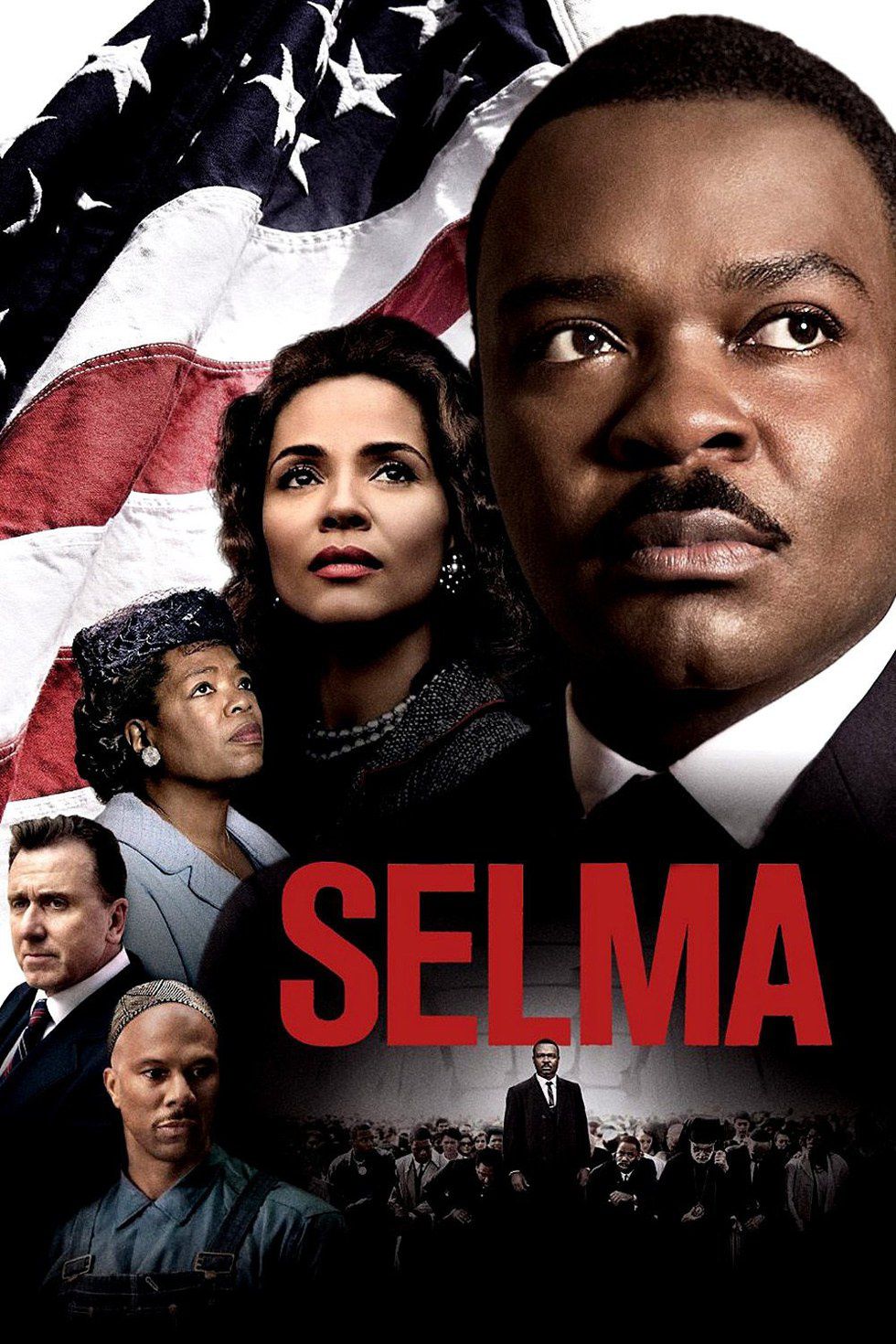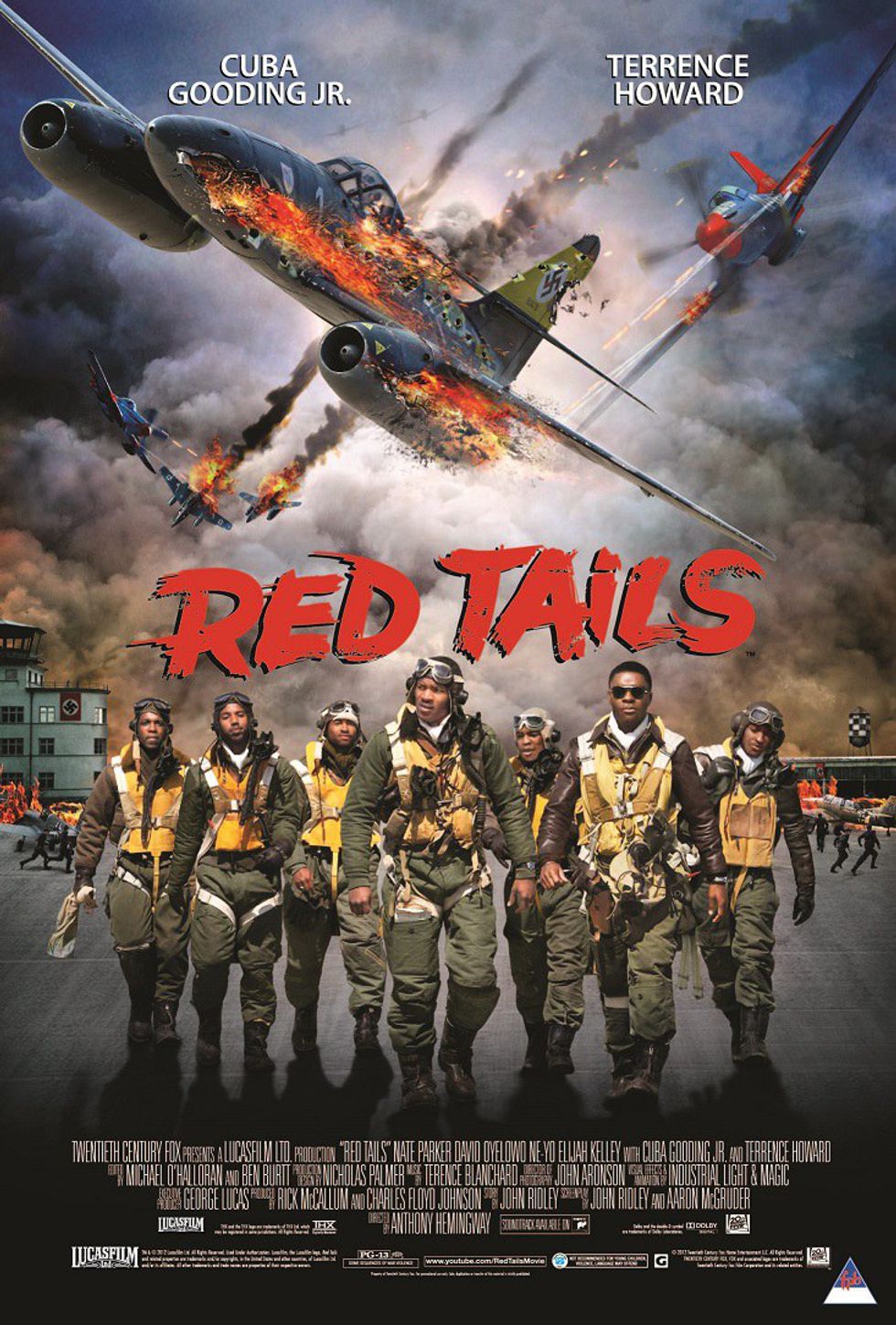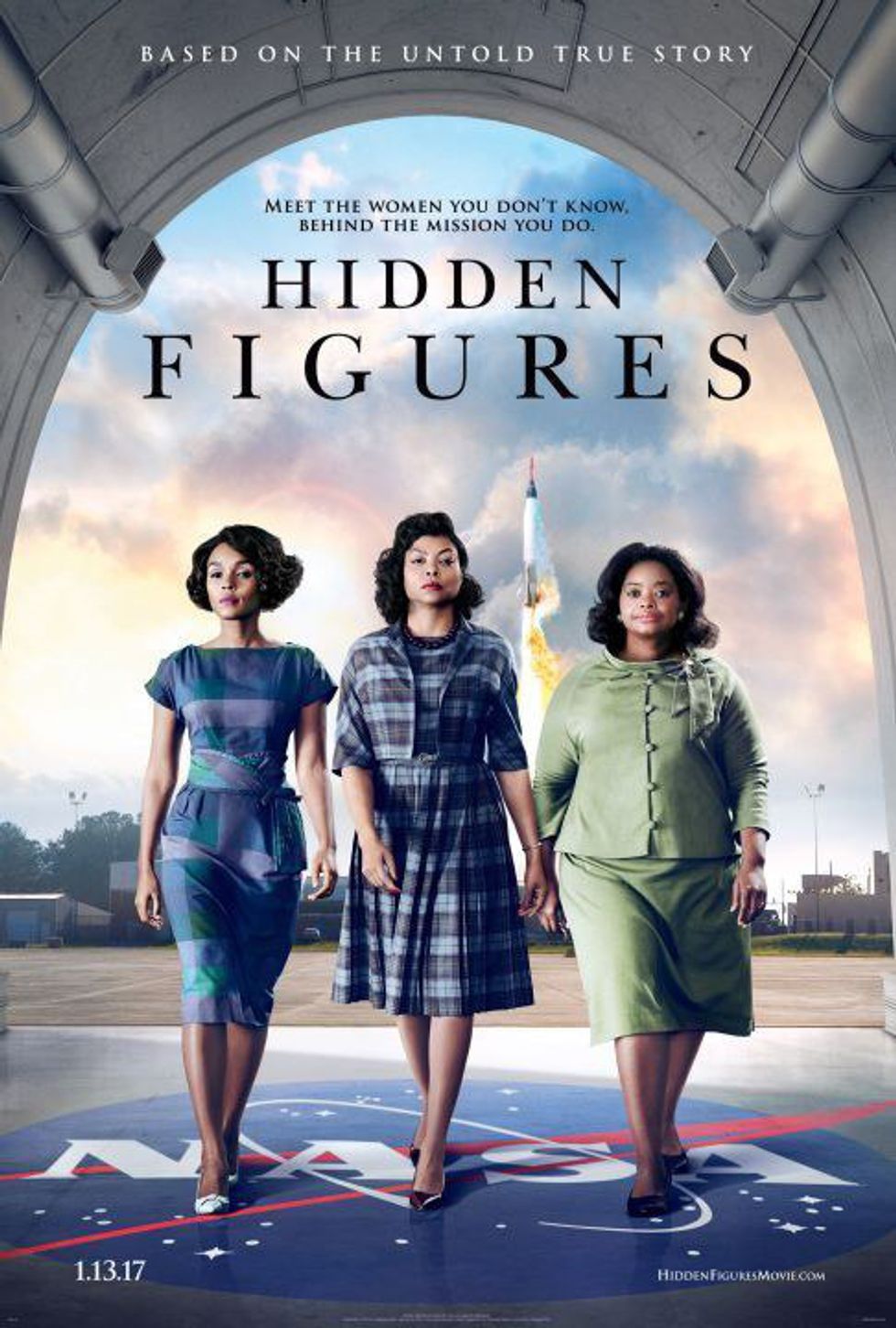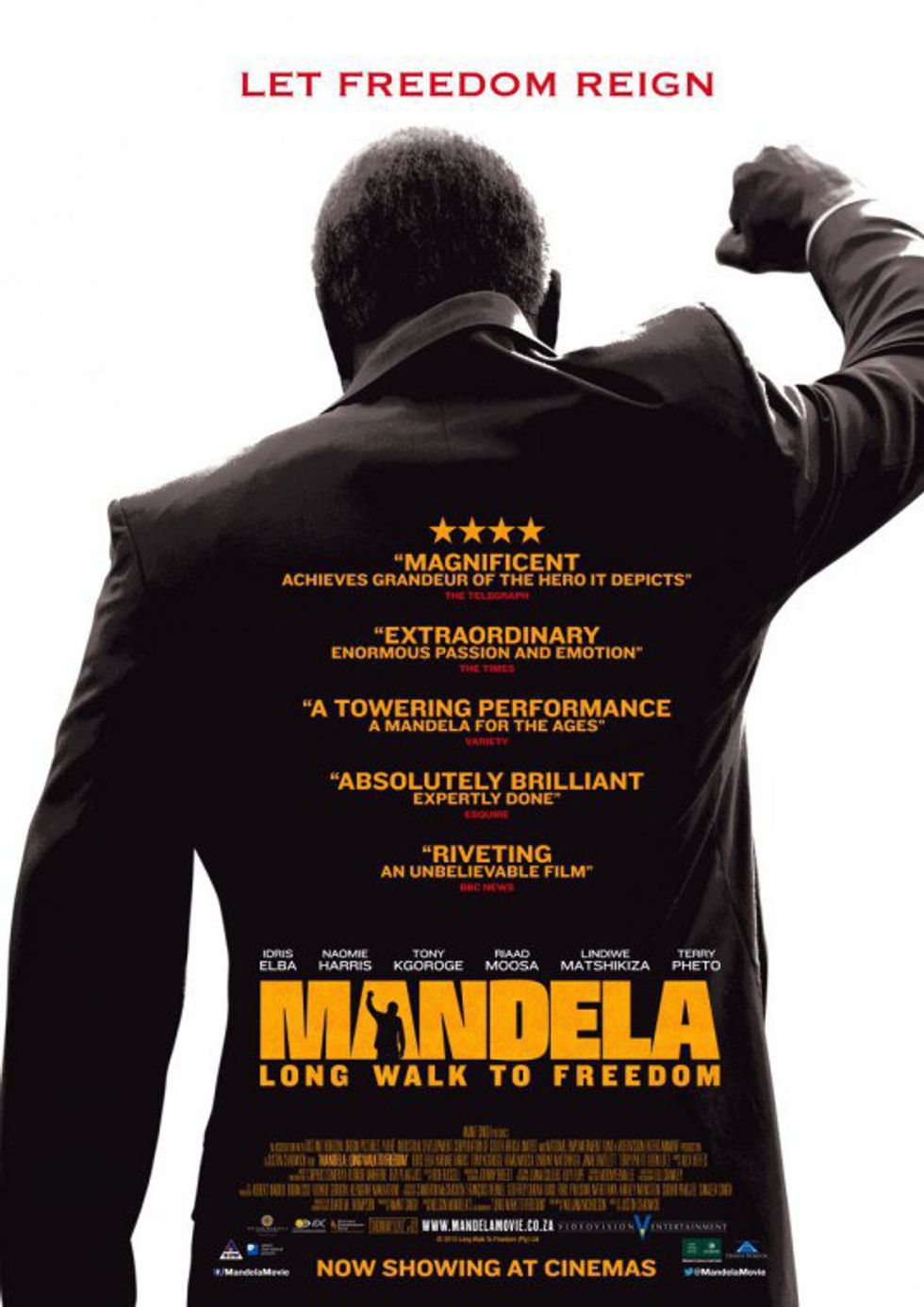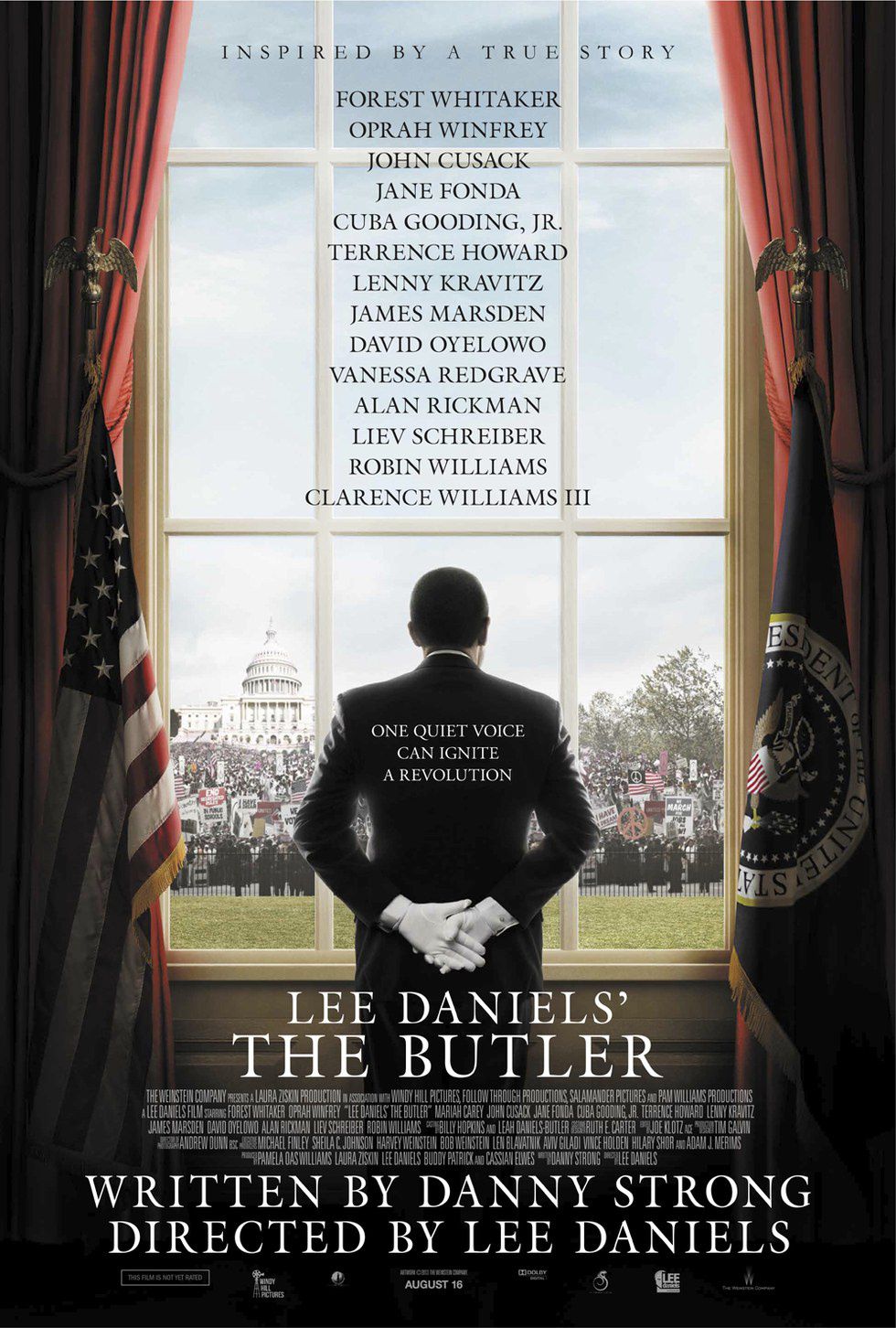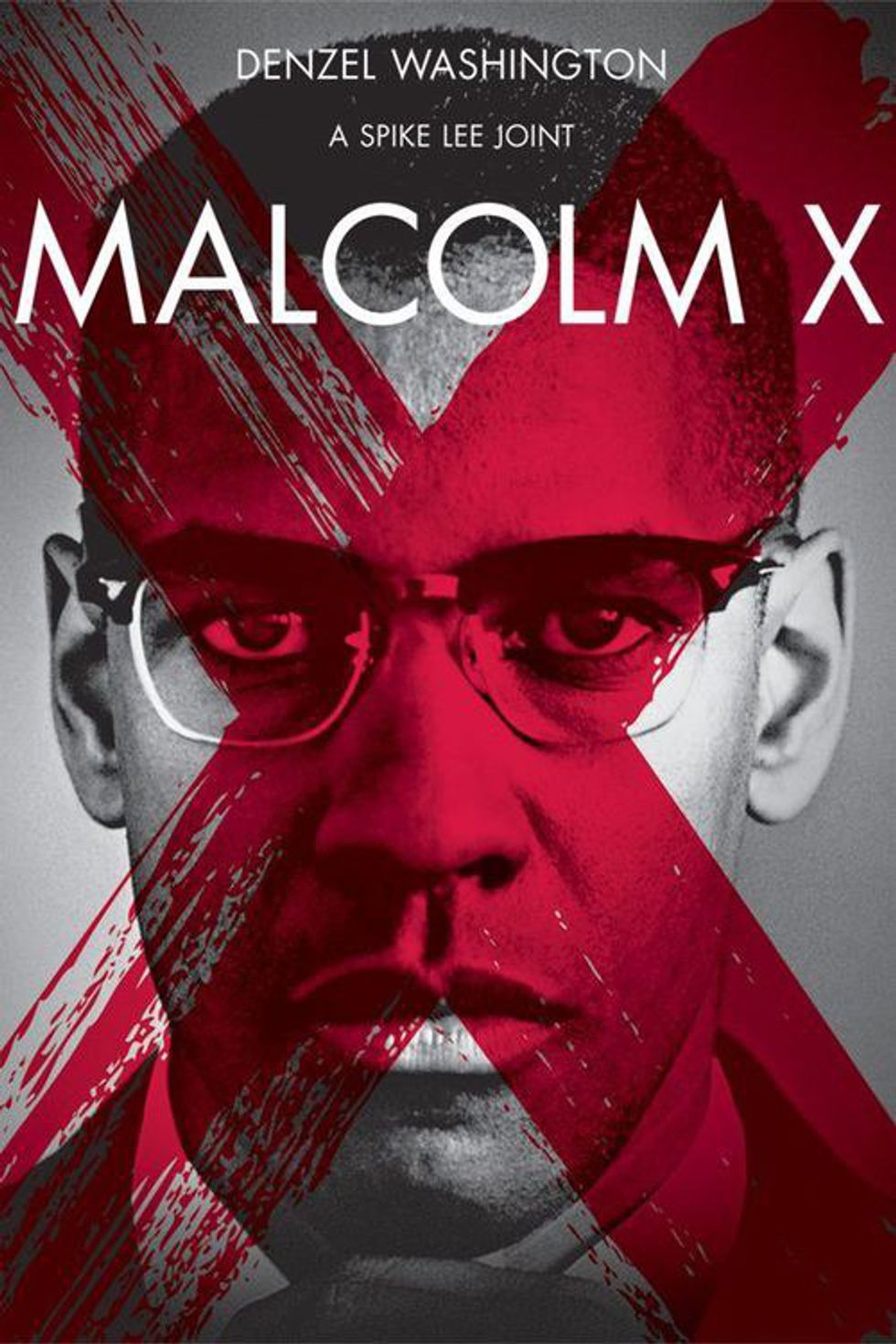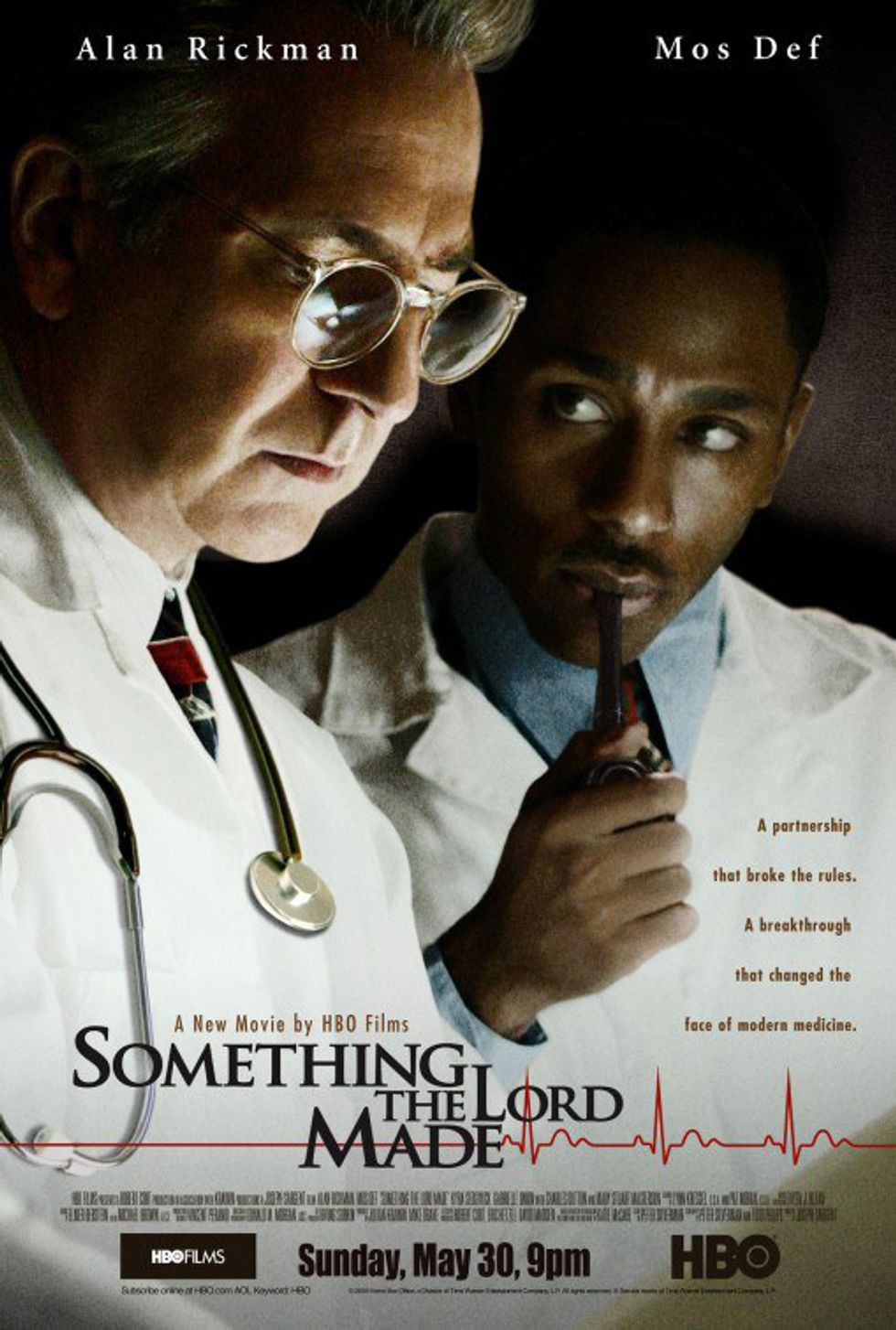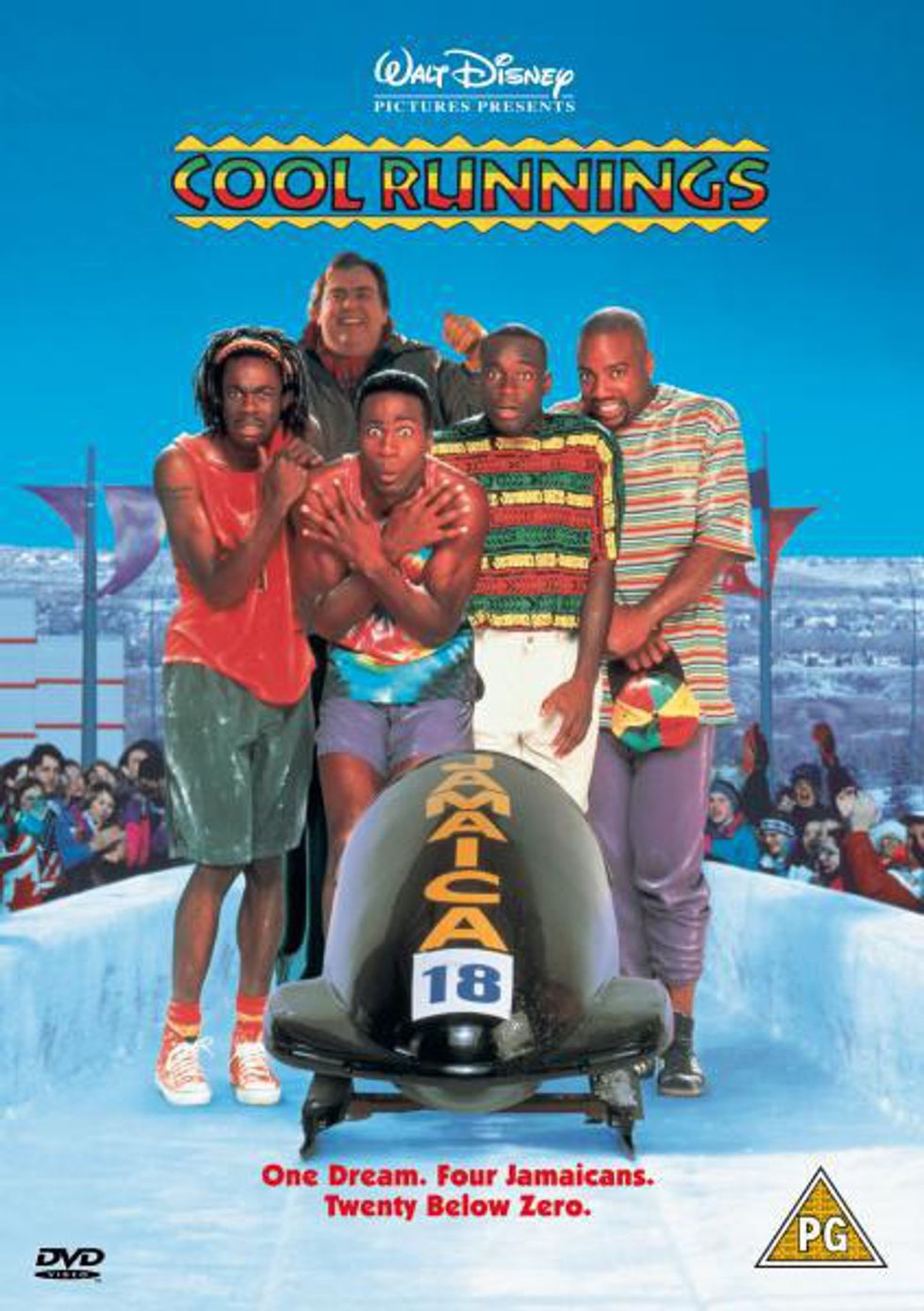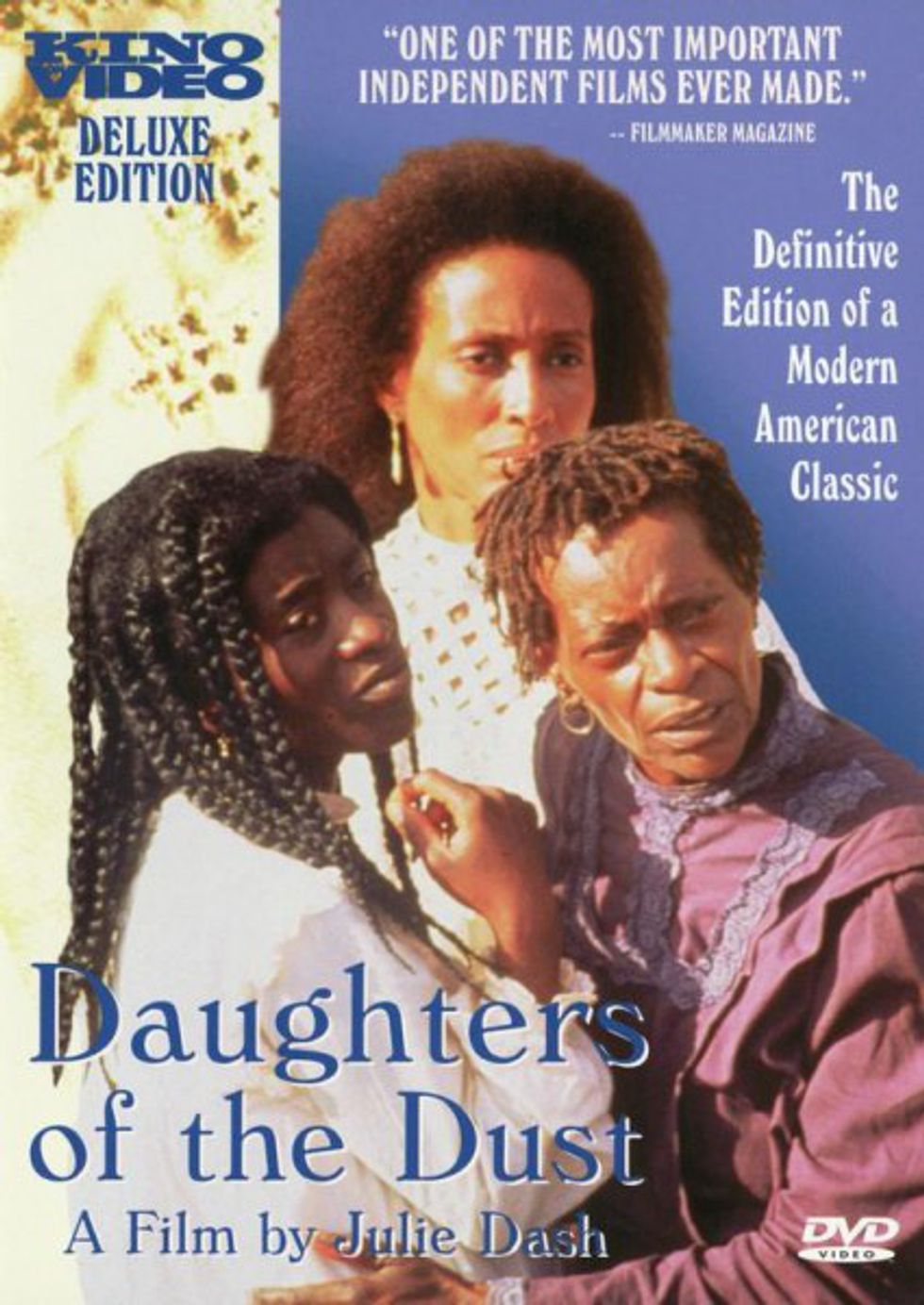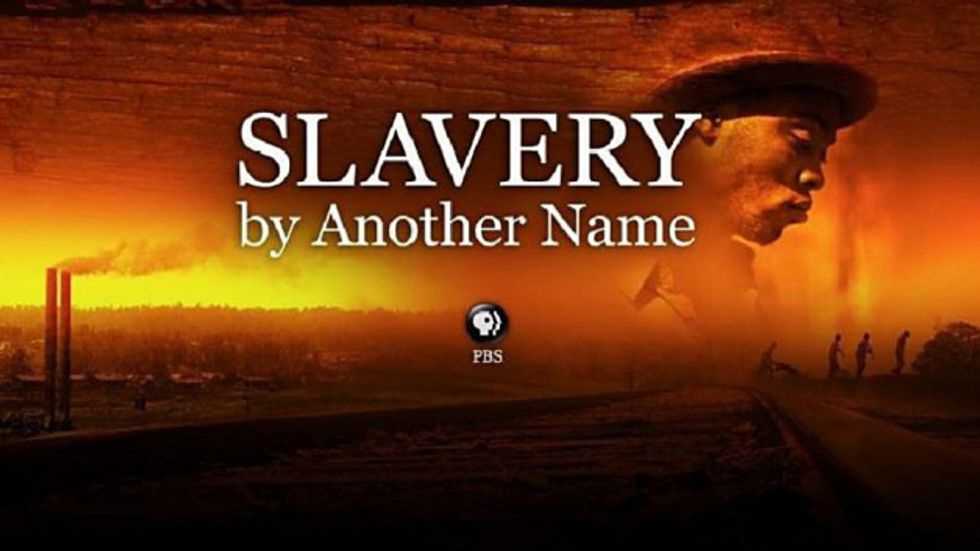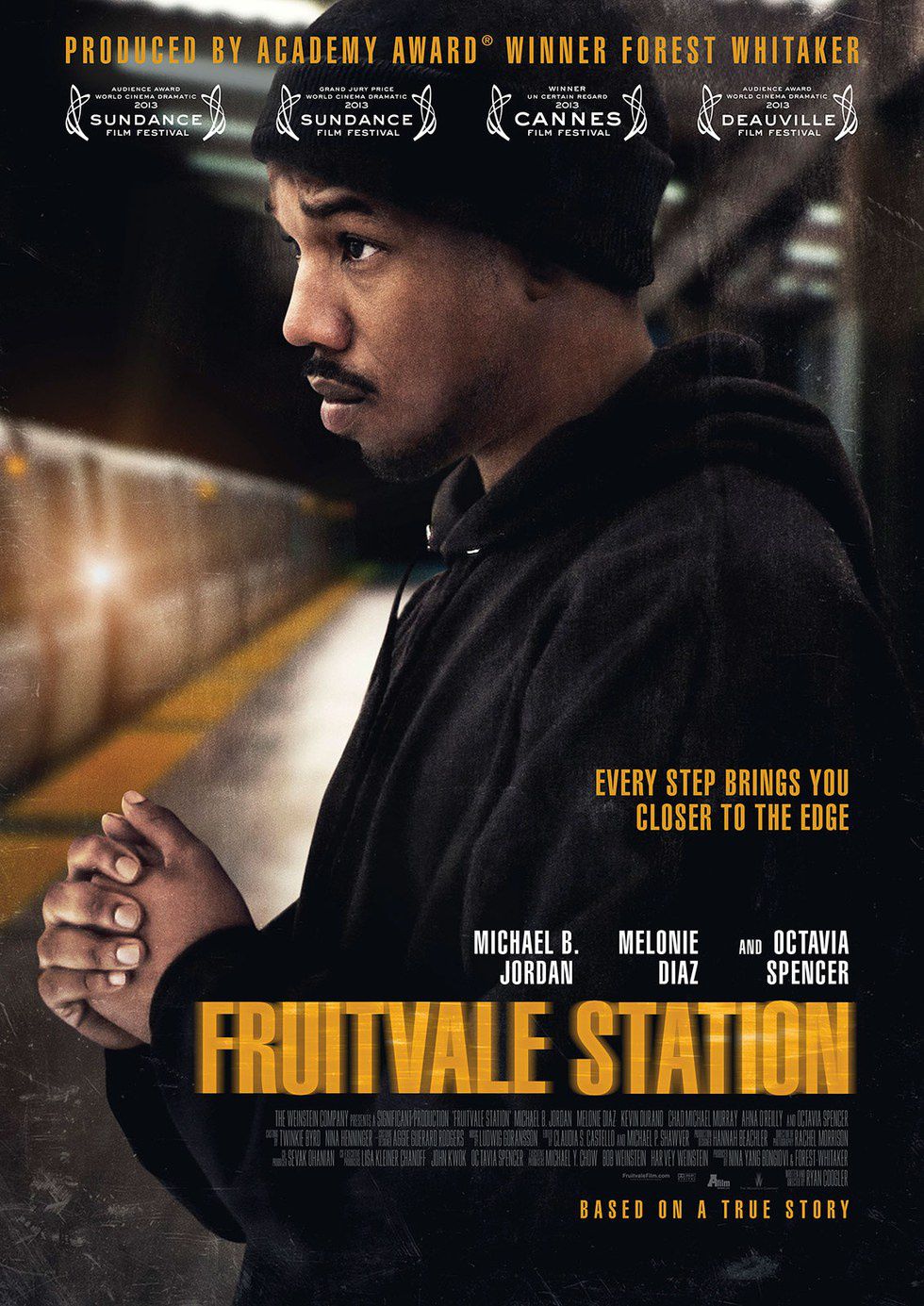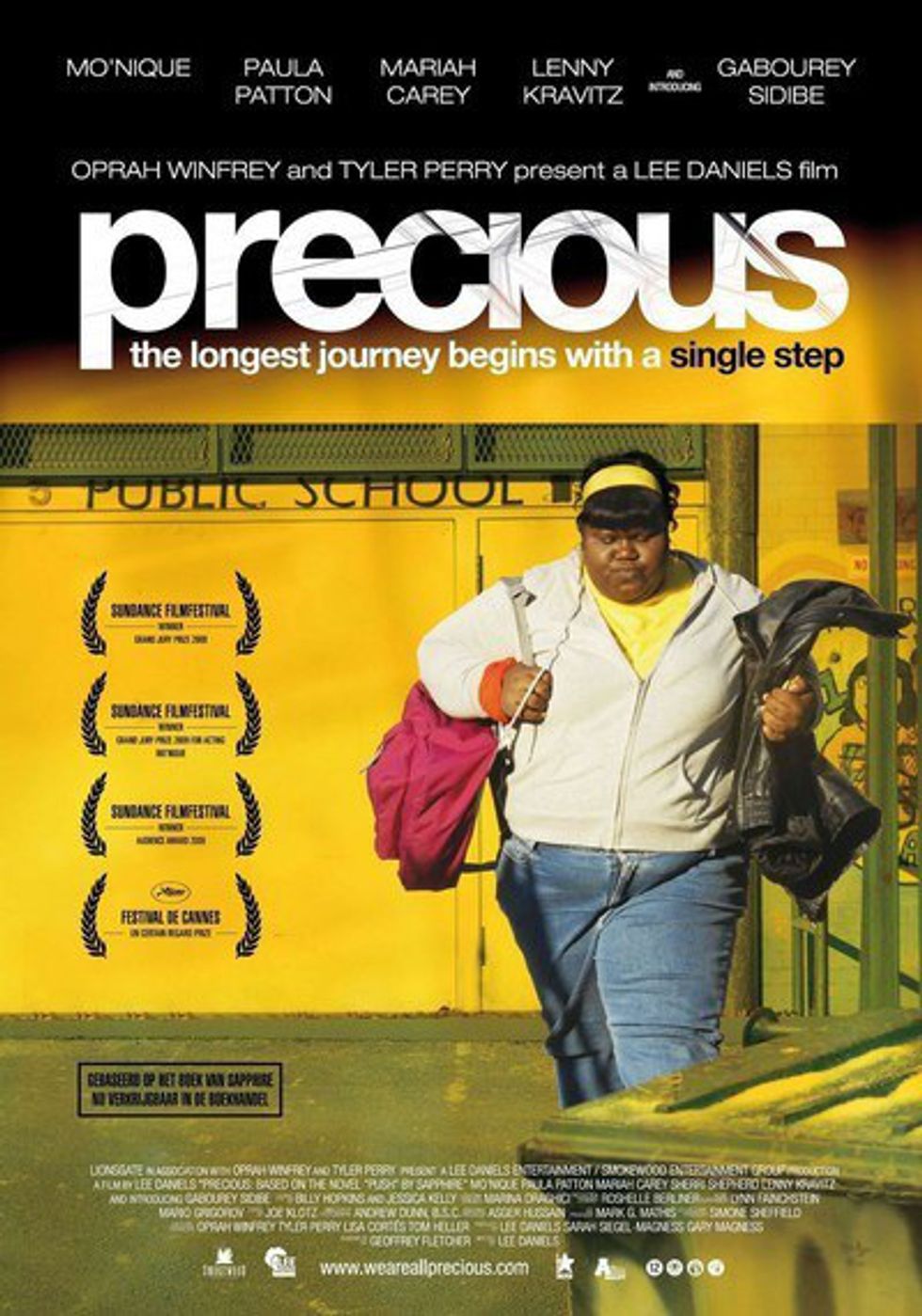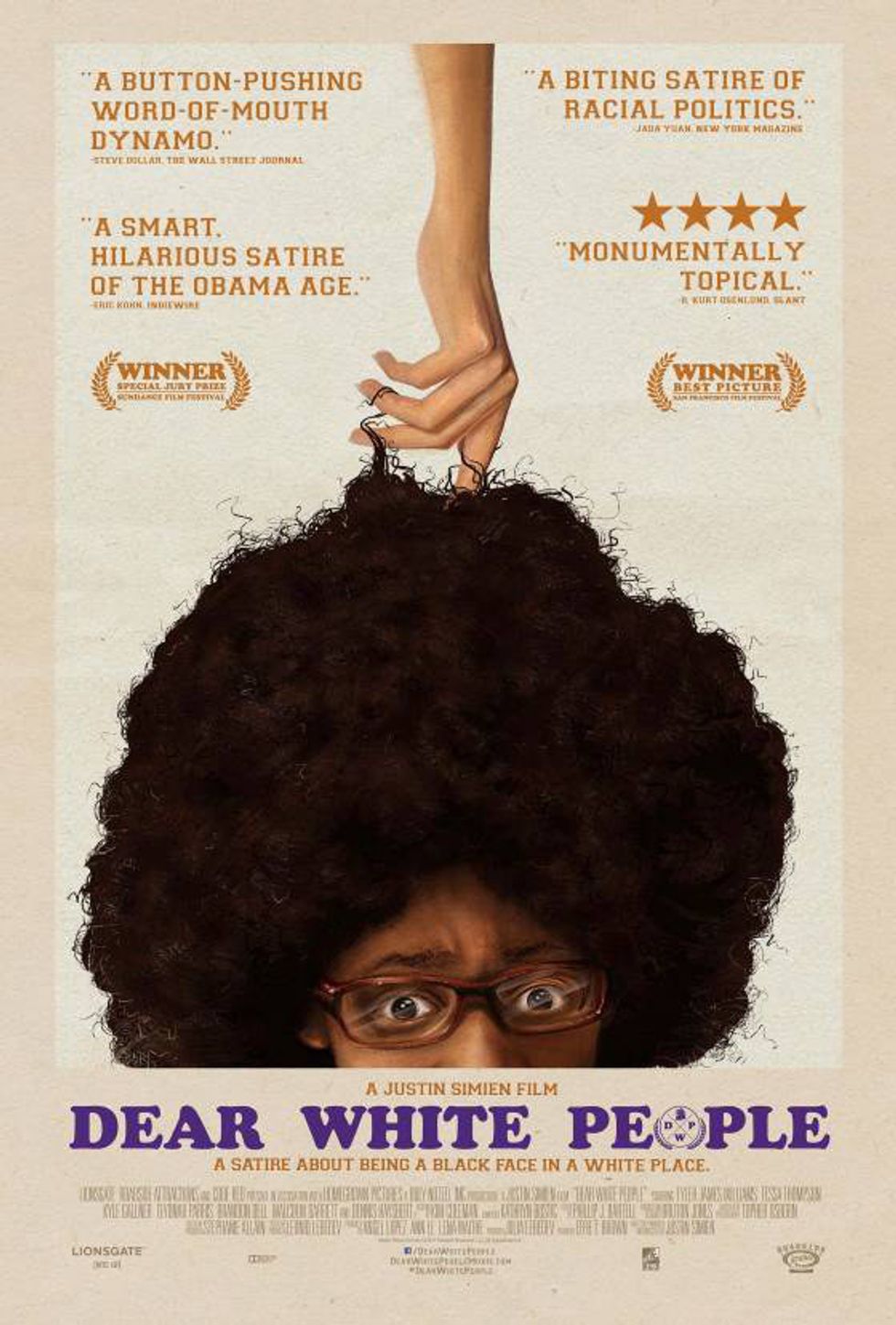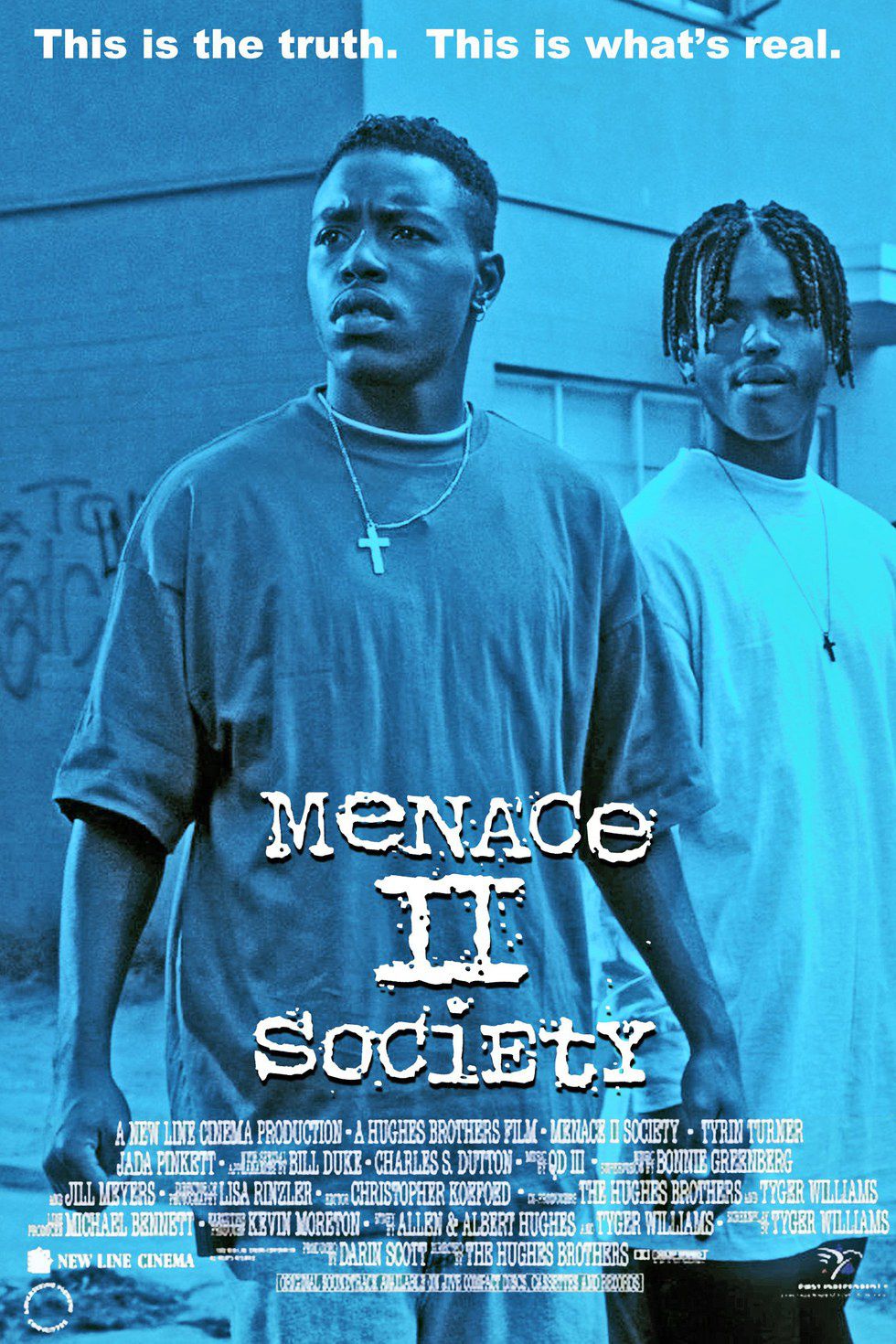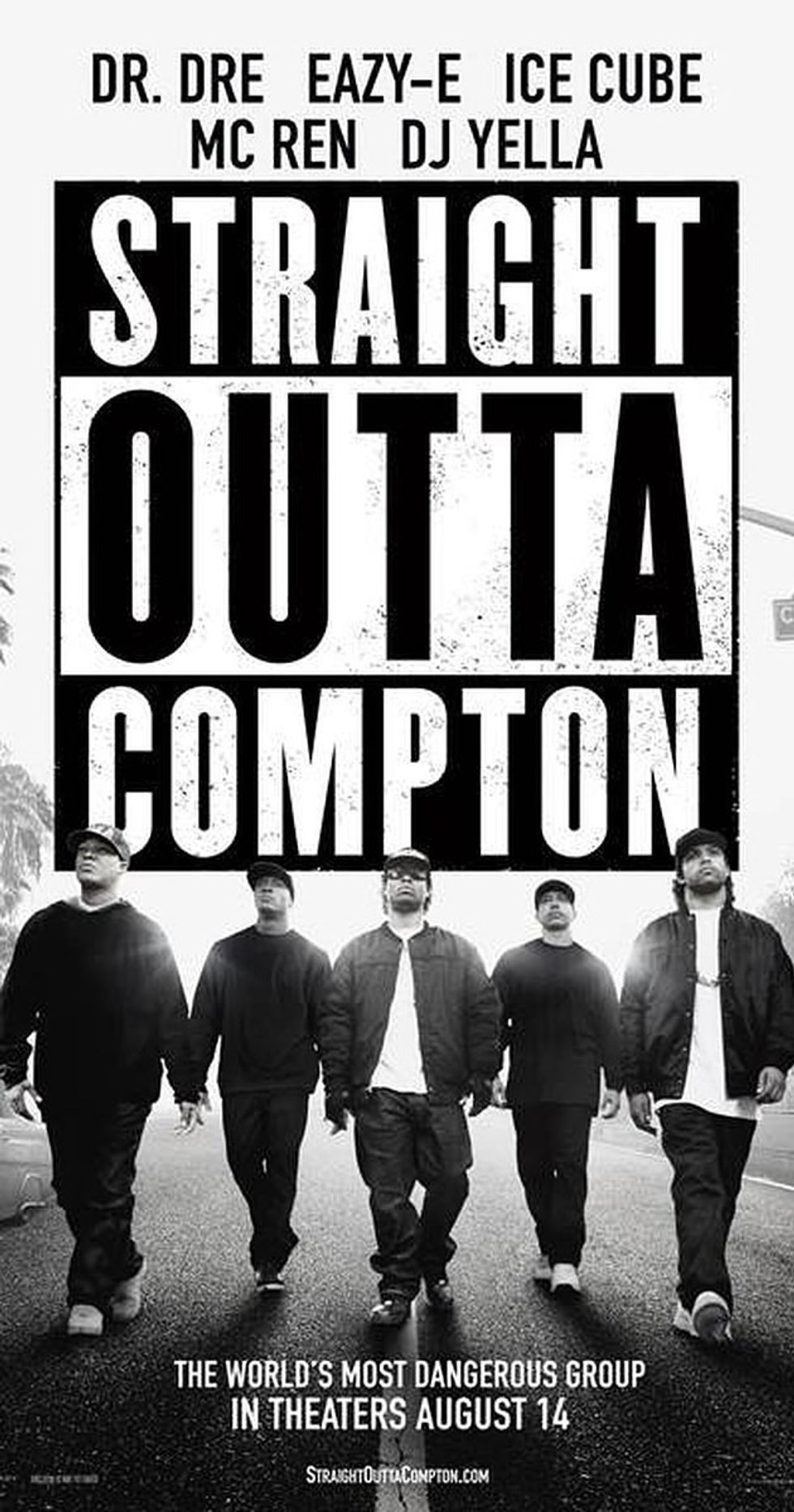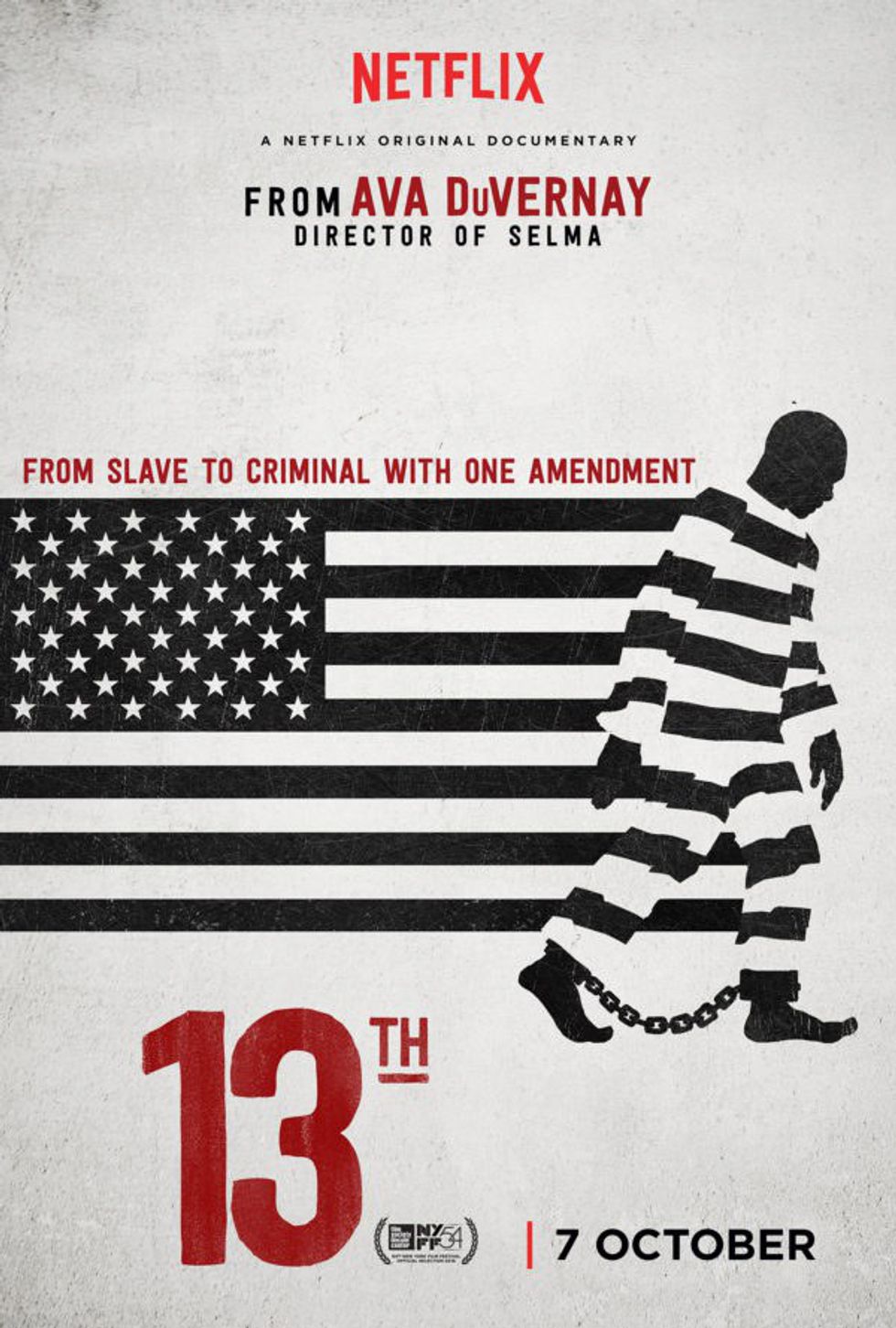In case you didn't know, February is Black History Month, a nationally recognized time to celebrate the stories and achievements of black men and women through history. Although there is never a bad time to learn about the important events that shaped black history and black culture, the significance of recognizing influential black people and their triumphs is brought to the forefront each year during this month.
If you've been looking for a way to engage in some Black History Month festivities and you feel like you're running out of time, then this is the perfect opportunity for you. Before Black History Month reaches its end, watch these 28 noteworthy movies, which represent periods in black history spanning slavery in America, the turn of the 20th century, the Civil Rights Movement, the birth of rap and hip-hop, and the contemporary black experience.
1. "A Woman Called Moses"
2. "12 Years a Slave"
3. "The Color Purple"
4. "The Rosa Parks Story"
5. "Selma"
6. "The Help"
7. "42"
8. "Red Tails"
9. "Hidden Figures"
10. "Mandela: Long Walk to Freedom"
11. "The Butler"
12. "Malcolm X"
13. "Bessie"
14. "Night Catches Us"
15. "Something the Lord Made"
16. "Cool Runnings"
17. "Daughters of the Dust"
18. "Slavery by Another Name"
19. "Fruitvale Station"
20. "Beasts of No Nation"
21. "Boyz N the Hood"
22. "Precious"
23. "Dear White People"
24. "Menace II Society"
25. "Pariah"
26. "Straight Outta Compton"
27. "13th"
28. "Moonlight"
In conclusion...
These movies tell stories of oppression, struggles, and violence, but they also demonstrate resilience, tenacity, and black excellence. With all of the hurdles that the black community has overcome in order to achieve greatness, it is no surprise that so many striking, masterful films have been created to convey black narratives to the masses. This month especially, go out to see movies starring or directed by women and people of color, who are often marginalized in the film industry. Unfortunately, one obstacle that black communities (and other groups that are often pushed to the fringes) still face today is glaring underrepresentation in a time when telling diverse stories is of the utmost importance.




